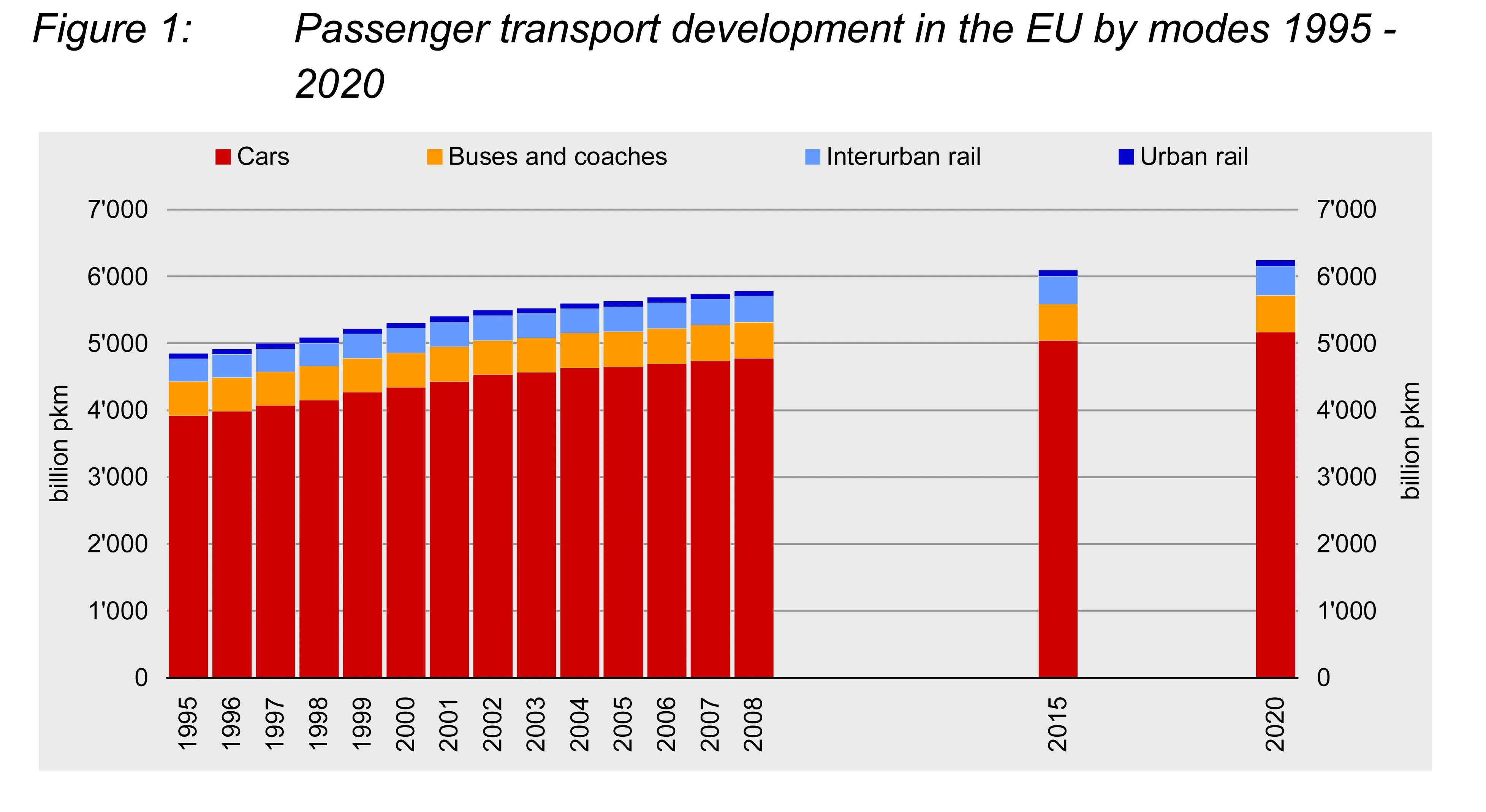The number of trucks passing the Alps will rise to 1.51 million a year by 2030, compared to 1.2 million in 2012, according to a survey carried out by the research institute INFRAS on behalf of the Swiss transport office OFT. In 1994 the aim was to reduce the truck passing figure to 650,000 by 2018, but in 2011 this was said to be too ambitious. INFRAS suggests that container traffic over the Alps will grow by 50% to 1.3 million units by 2030. While truck transport will increase, the planned transfer of good
April 12, 2013
Read time: 1 min
The number of trucks passing the Alps will rise to 1.51 million a year by 2030, compared to 1.2 million in 2012, according to a survey carried out by the research institute INFRAS on behalf of the Swiss transport office OFT.
In 1994 the aim was to reduce the truck passing figure to 650,000 by 2018, but in 2011 this was said to be too ambitious. INFRAS suggests that container traffic over the Alps will grow by 50% to 1.3 million units by 2030. While truck transport will increase, the planned transfer of goods from road to rail is predicted to suffer delays.
In 1994 the aim was to reduce the truck passing figure to 650,000 by 2018, but in 2011 this was said to be too ambitious. INFRAS suggests that container traffic over the Alps will grow by 50% to 1.3 million units by 2030. While truck transport will increase, the planned transfer of goods from road to rail is predicted to suffer delays.







